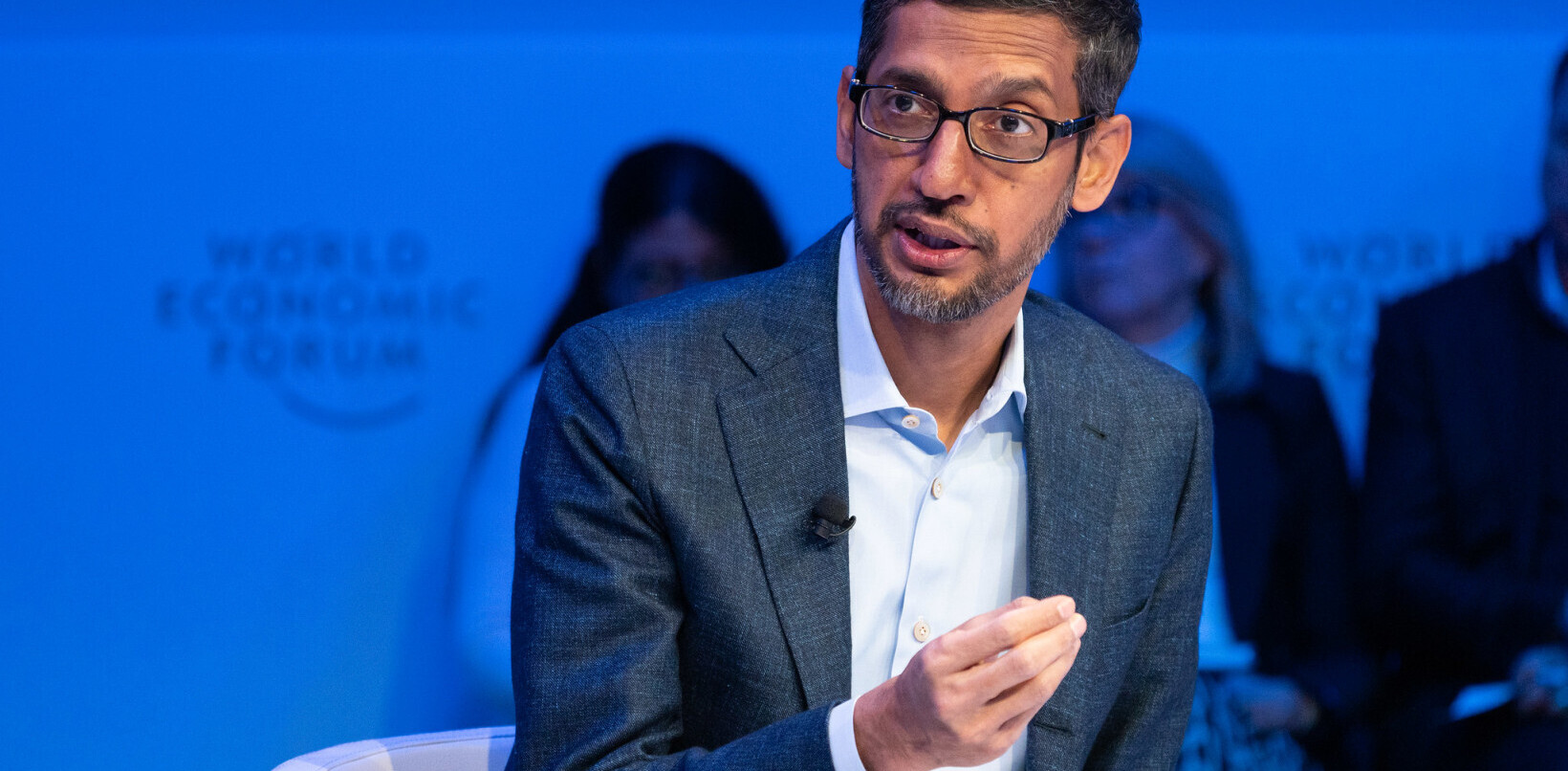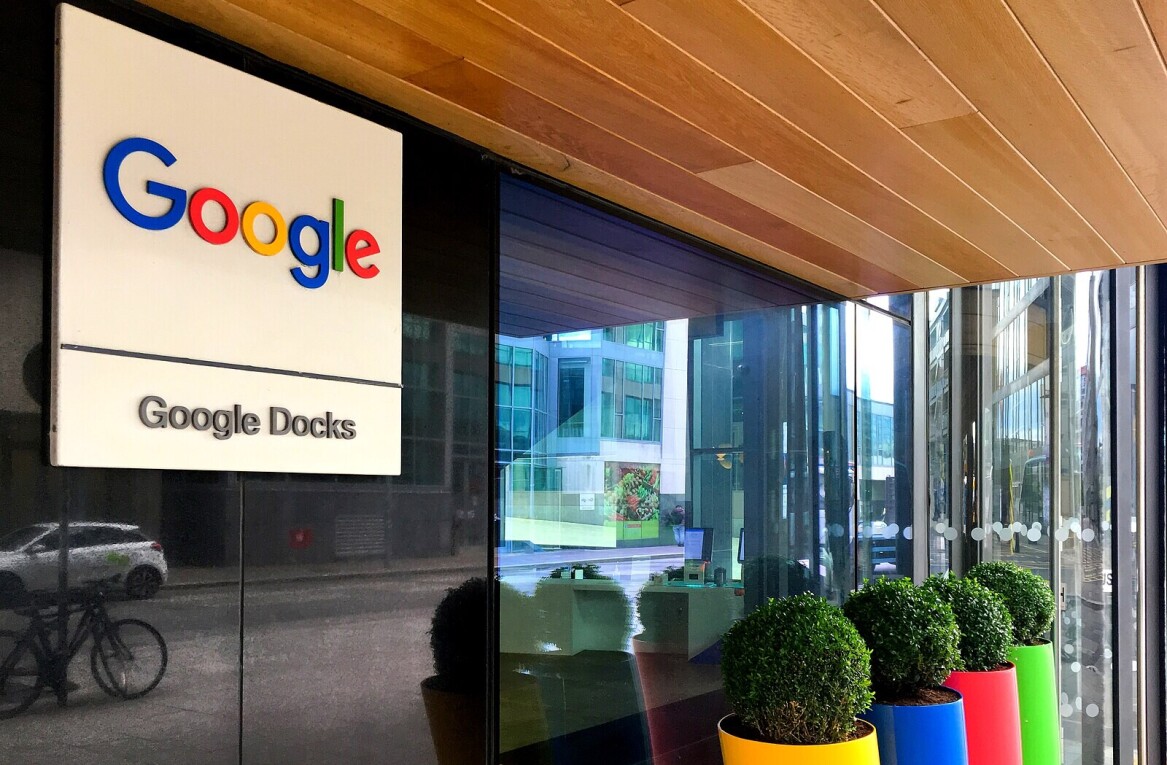
 Mobile internet is hot – we all know that – and one of the rising stars in the mobile world is Taptu, a social mobile search engine. They won the Global Community Award at the MoMo Peer Awards on February 13 at the Mobile World Congress and Robert Scoble proved on PodTech that it comes up with better results than Google does. Officiously, it seems like Taptu has the potential to become a big player in mobile search. So it’s about time that we hear the story behind this UK-based start-up. After a nice and interesting email conversation with the Taptu team, CEO Steve Ives told us where he got the guts from to challenge Google and what the social aspect of Taptu is.
Mobile internet is hot – we all know that – and one of the rising stars in the mobile world is Taptu, a social mobile search engine. They won the Global Community Award at the MoMo Peer Awards on February 13 at the Mobile World Congress and Robert Scoble proved on PodTech that it comes up with better results than Google does. Officiously, it seems like Taptu has the potential to become a big player in mobile search. So it’s about time that we hear the story behind this UK-based start-up. After a nice and interesting email conversation with the Taptu team, CEO Steve Ives told us where he got the guts from to challenge Google and what the social aspect of Taptu is.
First of all, the Google Question. Every time a new search engine sprouts, this is the first question critics try to answer. Ives: “A Nokia guy I met at a party confided to me that he thought Google still hadn’t yet cracked mobile search properly, and some fresh thinking was needed in this market. We started to look at it, and the more we looked, the more ideas we came up with. It became a bit of an obsession after a while. We pestered the VCs constantly after that, eventually they gave in and invested in us.”
Google’s position seems untouchable when it comes to desktop search, but challenging the giant on the mobile phone might work. Ives explains why: “Services like Google were born on the desktop and then moved later to mobile. When moving the service to mobile, something gets lost in the translation. A desktop user will use search 5 times a day or more, but a mobile user that discovers Google Mobile or Yahoo OneSearch typically only searches once every 5 to 7 days. We believe that to get people to use mobile search 5 times a day or more – in other words, to make mobile search a mass market service rather than a niche service – then you have to give it a social context. Mobiles are supersocial devices, so if your service isn’t relevant to you in a social way it won’t get used that often.”
Next to a Google-challenger, Taptu is also a social search engine. Jimmy Wales plugged this term in January when he launched Wikia Search. During an interview I had with him, he said: “One of the weaknesses of current search engines is that their algorithms take a long time picking up new good sites. (..) It takes only one community member that finds a good new site and lets the community know.” What does Ives thinks of Wikia Search? “We’ve been watching Search Wikia quite closely. They have some similar ideas to us about how to improve the quality of search results through social interactions. But we are totally focused on mobile, which is a completely different medium to the desktop, so the dynamics of sharing are rather different also.”
The social approach of Taptu consists of two main aspects. Ives: “First, when ranking search results, we use the social scores that we find when we crawl content sites. So for music, when we crawl for instance MySpace we extract the number of song plays and the number of artist views and use this information to decide which results to display to the mobile user at the top of the list. This gives us more relevant results, especially for entertainment-related content.”
“Second, we make it very easy to share search results with your friends in Taptu. We don’t think that the search process ends with finding what you are looking for; it ends when you have found it and shared it with some friends. Sharing results is hard to do on mobile today. It takes a lot of clicks, a lot of scrolls, a lot of technical awareness of the features in your handset. With Taptu, you can do this in just a few clicks. If you have set up your friends list in Taptu already, you can do it in a single click. So we call it 1-Tap sharing. Taptu is used a lot for searching for images, music and videos, and our users are very interested in sharing this kind of content with friends.”
After interviewing Ives and trying out the service myself, I can say that Taptu has found Google’s Achilles heel. Mobile social search is one of those ideas that seem obvious after somebody explained to you – just like Paul Arden‘s books. The service is still in early beta, yet when Ives tells about his ambitious plan, I truly believe he can achieve them: “Our expectation is that – through smart software engineering – that the new ideas we have talked about will become more than just ideas. They will become genuinely useful to a very large number of users and help define the way that mobile search is delivered to people in the future.”
One last thing, check out this video by the DutchCowboys. It was shot during 3GSM by Henk de Hooge, who by the way calls Ives a ‘passionate visionary’.
Taptu Mobile Search with Steve Ives from henk on Vimeo.
Get the TNW newsletter
Get the most important tech news in your inbox each week.




